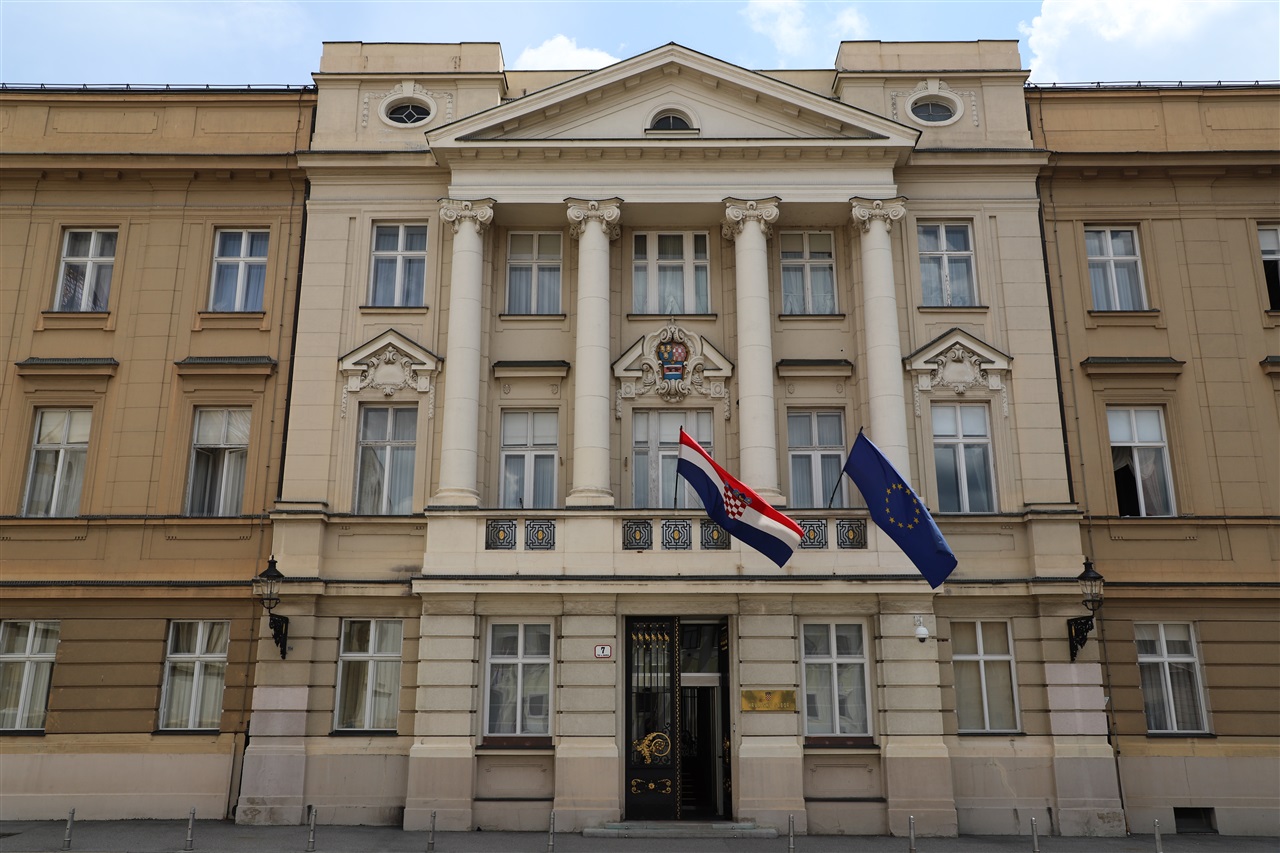
Zagreb - The Croatian Parliament Committee on Home Affairs and National Security on Wednesday endorsed the annual report on police work in 2017, paying special attention to the migrant crisis.
The chairman of the Committee, Ranko Ostojić of the opposition Social Democratic Party (SDP), spoke of the problem of illegal migration, saying that in this regard Croatia was going in the direction of "Orbanism" and was punishing those in need of assistance. He was alluding to the anti-immigration policies of Hungarian Prime Minister Viktor Orban. Speaking of the disappearance of a five-year-old Syrian girl, Ostojić said that the Ministry of the Interior had launched an investigation only two weeks after she went missing. He called for a detailed inquiry to establish whether the girl had indeed disappeared.
Ostojić thus responded to the statement by Petar Škorić of the ruling Croatian Democratic Union (HDZ) that the police were now being pilloried while they were actually protecting the borders. Presenting the report, state secretary Žarko Katić said that a large increase in the number of crimes of illegal entry into Croatia had been recorded last year. He said that 365 such cases had been registered and that there had also been 15 cases of human trafficking, which is also an increase. In most cases people illegally enter the country on foot or hiding in trucks, but there was also an increase in the number of cases in which illegal migrants crossed the border on the Danube river by boat, Katić said, adding that a new migration route via Bosnia and Herzegovina was also established last year.
Presenting statistics in other areas of police work, Katić said that last year there had been less crime than in 2016. However, the number of road accidents had increased by 4.9 percent and the number of road fatalities had risen to 331. The number of road accidents involving young drivers had fallen by 23 percent. Katić said that 43 murders had been reported last year, half of which were related to domestic violence. The number of persons suspected of economic crime and corruption increased by 15.5 percent, while no crimes of terrorism were reported. (Hina)